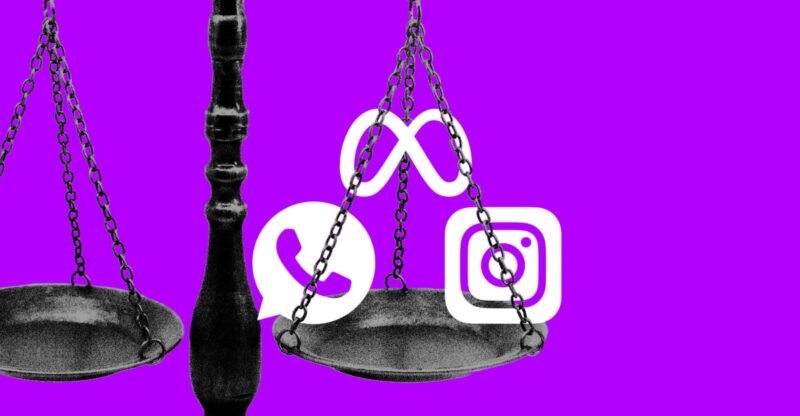Essential Insights
-
The antitrust trial between Meta and the Federal Trade Commission (FTC) began on April 14th, 2023, focusing on whether Meta illegally monopolized social networking through its acquisitions of Instagram and WhatsApp.
-
The case, initiated by the FTC in late 2020, was initially dismissed but allowed to proceed after the FTC provided additional details to support its claims of Meta’s monopolistic behavior.
-
Chief Judge James Boasberg will assess Meta’s potential violations of antitrust law during the trial, which may lead to remedies, including the FTC’s recommendation to divest Instagram and WhatsApp.
- This trial marks a continuation of increased scrutiny on Big Tech, following previous antitrust cases against Google by the Justice Department.
The Legal Landscape of Big Tech
The long-awaited trial between Meta and the Federal Trade Commission (FTC) began on April 14th. This case centers on whether Meta, formerly Facebook, illegally monopolized the market for personal social networking services. The FTC argues that Meta’s acquisitions of Instagram and WhatsApp created a monopoly. Originally, the court dismissed the case in 2020, but the situation changed when the FTC reinforced its claims. Now, Chief Judge James Boasberg will evaluate whether Meta violated antitrust laws.
This trial represents a critical moment for the technology industry. If the court finds Meta liable, it could redefine how tech companies operate. The FTC seeks to spin off Instagram and WhatsApp, potentially reshaping the social media landscape. This case follows other significant legal actions against major tech players, like Google. Thus, the outcome will influence how regulators approach competition and consumer rights in a digital age.
The antitrust trial goes beyond just Meta; it reflects broader concerns about Big Tech’s power. Critics argue that monopolies stifle innovation and limit consumer choice. By dismantling Meta’s hold, the FTC hopes to foster a healthier marketplace. However, supporters of Meta warn that breaking up the company could disrupt the user experience and create uncertainty in the industry.
This trial could set a precedent for future cases. As technology evolves, regulators face the challenge of balancing innovation with fair competition. The findings may shift public opinion, affecting user engagement with social networks. Ultimately, this case underscores the importance of accountability in technology. Its outcome will likely resonate through the industry and shape the very nature of social media moving forward.
Discover More Technology Insights
Stay informed on the revolutionary breakthroughs in Quantum Computing research.
Stay inspired by the vast knowledge available on Wikipedia.
TechV1

